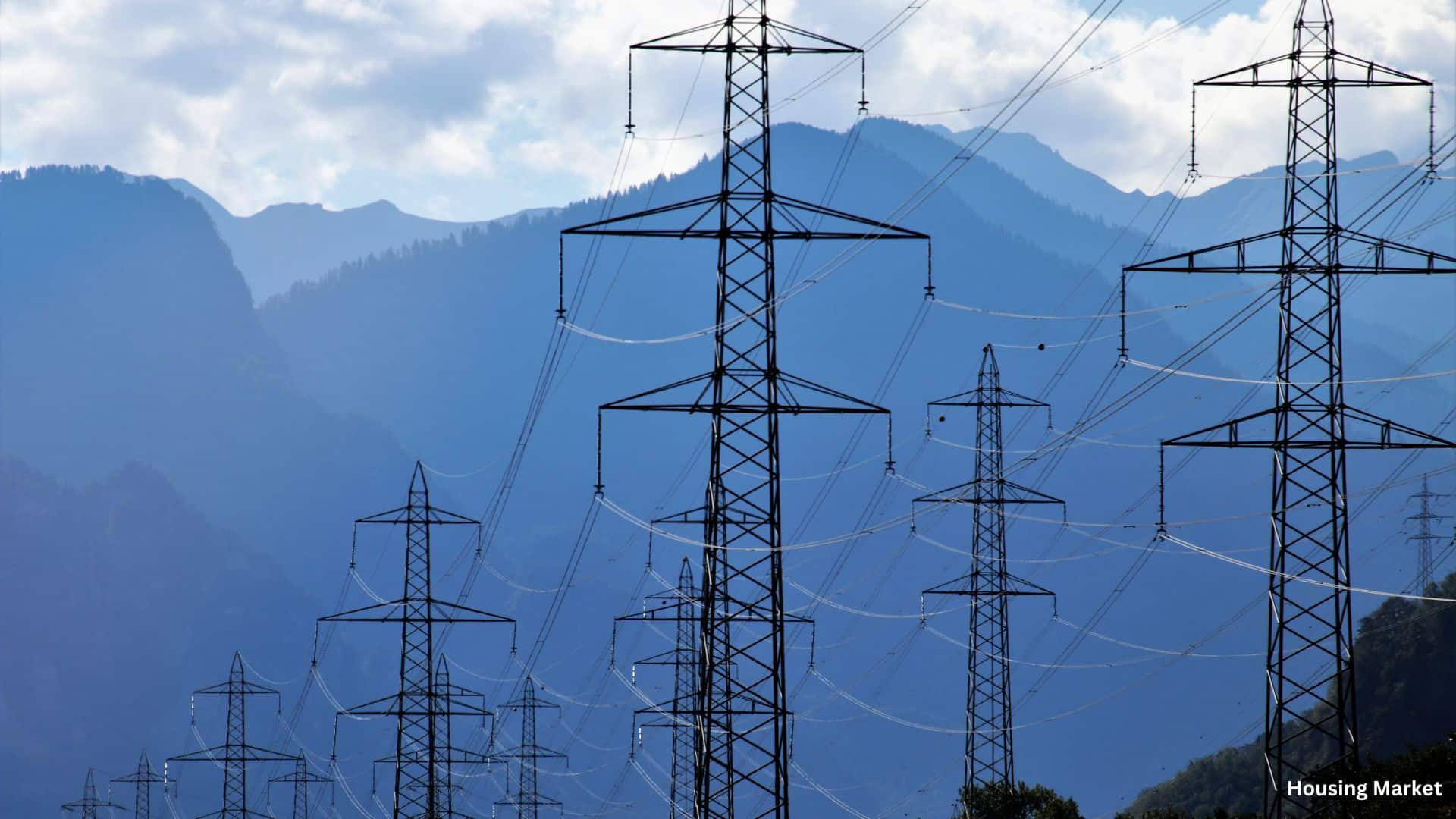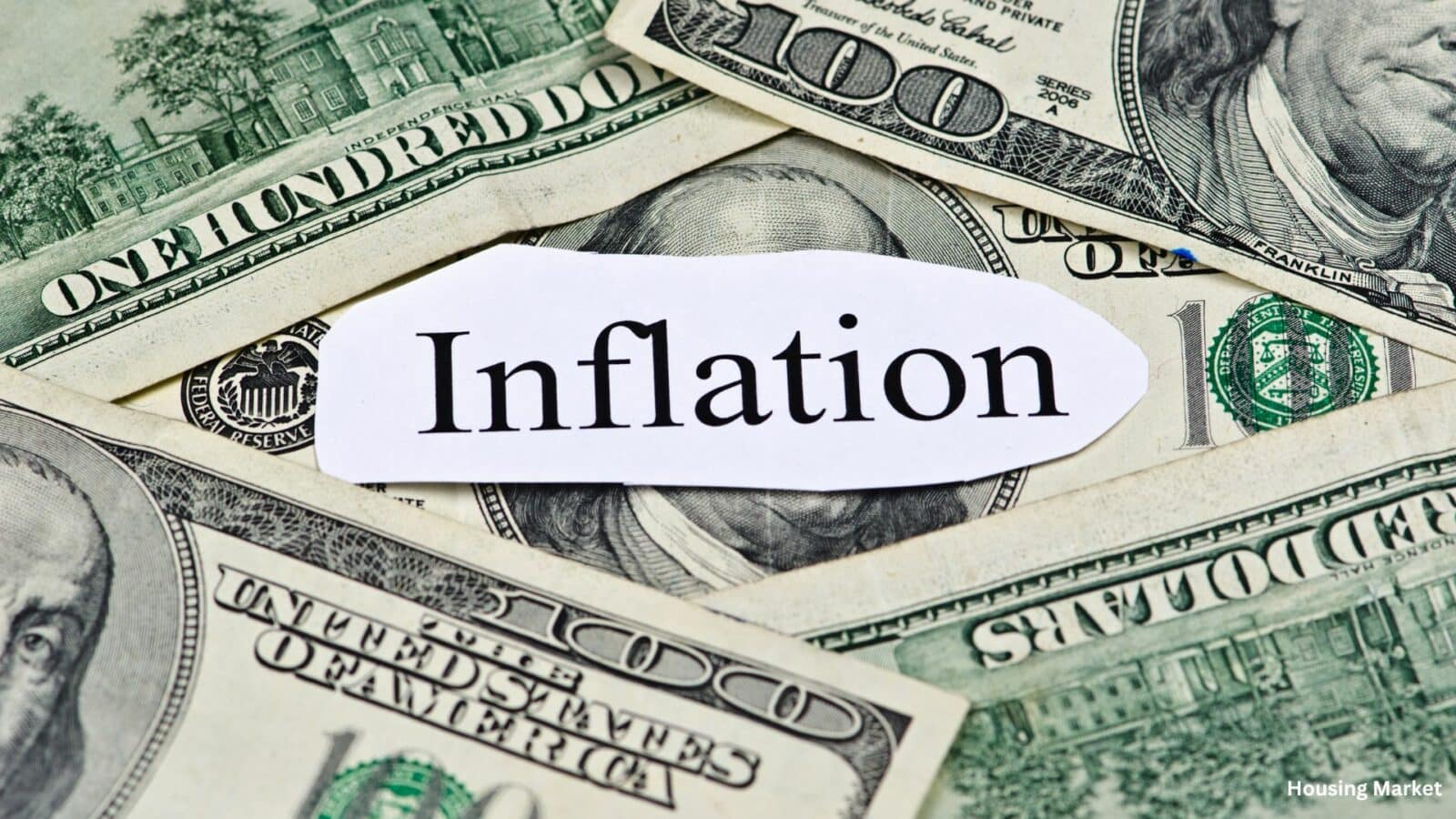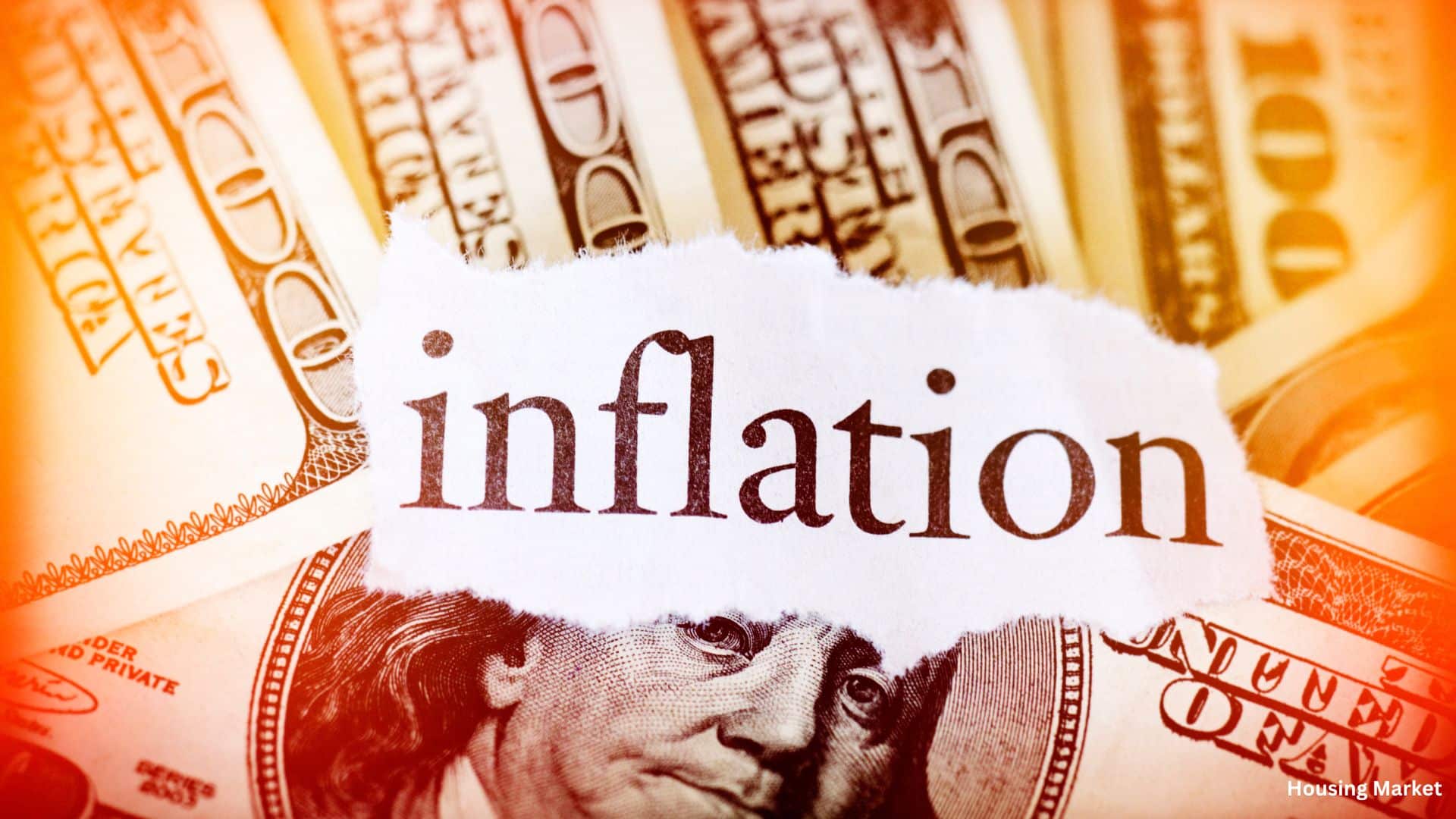The impact of inflation is a significant economic concern that affects various sectors, including housing, energy, and healthcare. Understanding how inflation influences these essential areas can help individuals and policymakers make informed decisions. This article will delve into the specific effects of inflation on housing, energy, and healthcare, highlighting the challenges and potential strategies for mitigation.
Housing: Rising Costs and Market Fluctuations
The impact of inflation on housing is particularly pronounced, with shelter inflation being one of the biggest contributors to overall inflation. In June, shelter inflation grew by 0.2% month-over-month and 5.2% year-over-year. This steady increase has made housing less affordable for many individuals and families. The owners’ equivalent rent, which reflects the cost of owning a home, reached its lowest levels since August 2021, indicating some progress but still posing challenges.

One notable trend is the decrease in the lodging away from home index by 2% in June. This decline, unusual for the peak summer travel season, suggests a potential slowdown in consumer demand for travel. Whether this is a survey anomaly or a real decrease in travel demand remains to be seen, but it could have broader implications for the housing market.
Energy: Fluctuating Prices and Consumer Impact
Energy prices have been highly volatile, reflecting the broader economic conditions. In June, energy prices fell by 2% month-over-month but increased by 1% year-over-year. Gasoline prices saw a significant drop of 3.8% from May, while energy services experienced a slight decline of 0.1%.

The impact of inflation on energy costs is multifaceted. While lower gasoline prices can provide some relief to consumers, the overall increase in energy costs year-over-year indicates that inflationary pressures remain strong. These fluctuations in energy prices affect not only individual households but also businesses that rely on energy for their operations.
Healthcare: Rising Costs and Accessibility Issues
Healthcare costs have also been significantly impacted by inflation. In June, healthcare costs rose by 0.2% month-over-month and 3.3% year-over-year. The indices for physician services and hospitals grew by 0.1% from May, and prescription drug prices remained steady.

The rising costs of healthcare services and medications can put a strain on individuals, especially those without adequate insurance coverage. As inflation continues to affect the healthcare sector, accessibility and affordability of medical services become pressing concerns. Policymakers need to address these issues to ensure that inflation does not further exacerbate healthcare disparities.

Navigating the Impact of Inflation
The impact of inflation on housing, energy, and healthcare underscores the interconnectedness of these essential sectors. As inflationary pressures continue, it is crucial for individuals, businesses, and policymakers to understand and address the challenges posed by rising costs. By adopting strategies to mitigate these effects, such as improving energy efficiency, enhancing healthcare affordability, and supporting housing affordability initiatives, it is possible to navigate the impact of inflation more effectively.
Related posts:
 Affordable Rental Provider Repays $710K to Arlington County
Affordable Rental Provider Repays $710K to Arlington County
 Surge in US Housing: A Close Look at the November 2023 Boom
Surge in US Housing: A Close Look at the November 2023 Boom
 Seattle Fort Lawton Housing Plan Revision: A New Vision for Affordable Living
Seattle Fort Lawton Housing Plan Revision: A New Vision for Affordable Living
 2024 Real Estate Recession Warning: A Closer Look at the Housing Market Dynamics in Arizona
2024 Real Estate Recession Warning: A Closer Look at the Housing Market Dynamics in Arizona
 Affordable Housing in Highland Park: A Sustainable Approach to Homeownership
Affordable Housing in Highland Park: A Sustainable Approach to Homeownership




